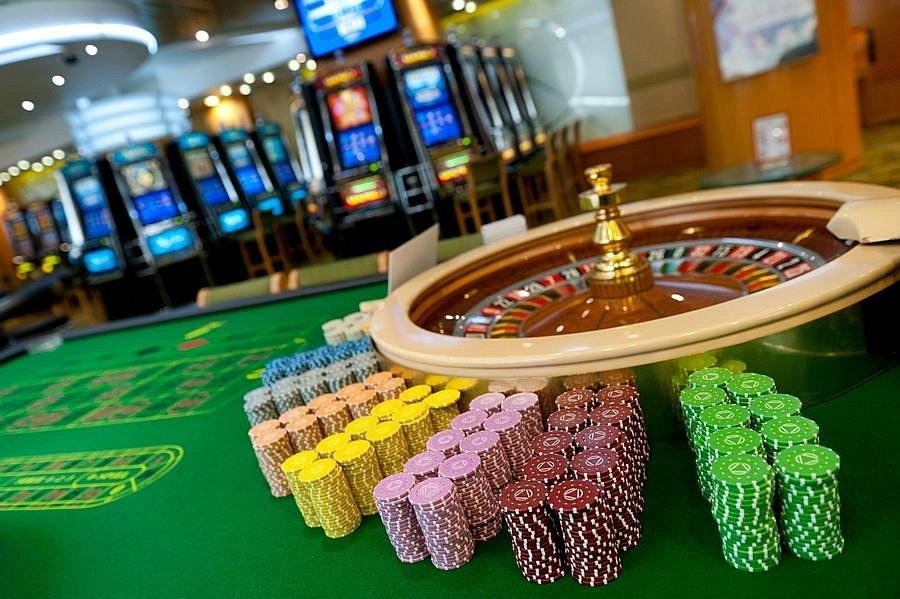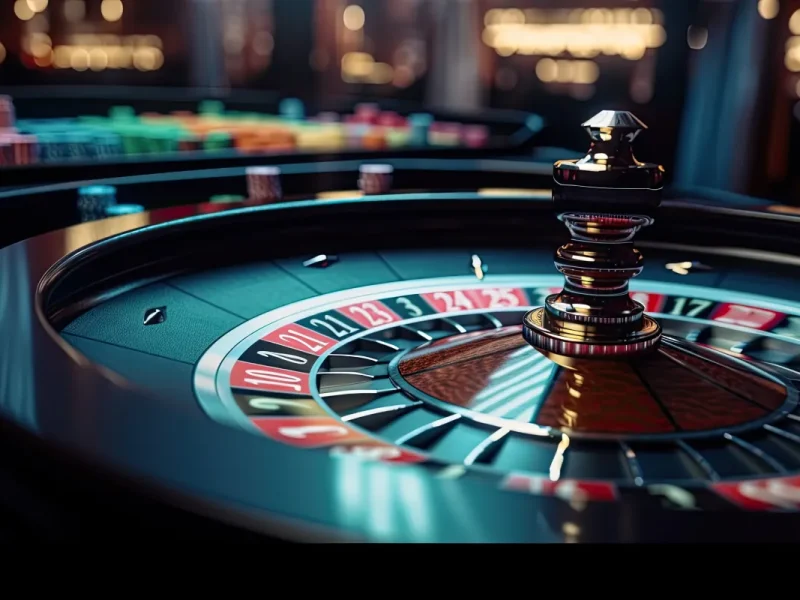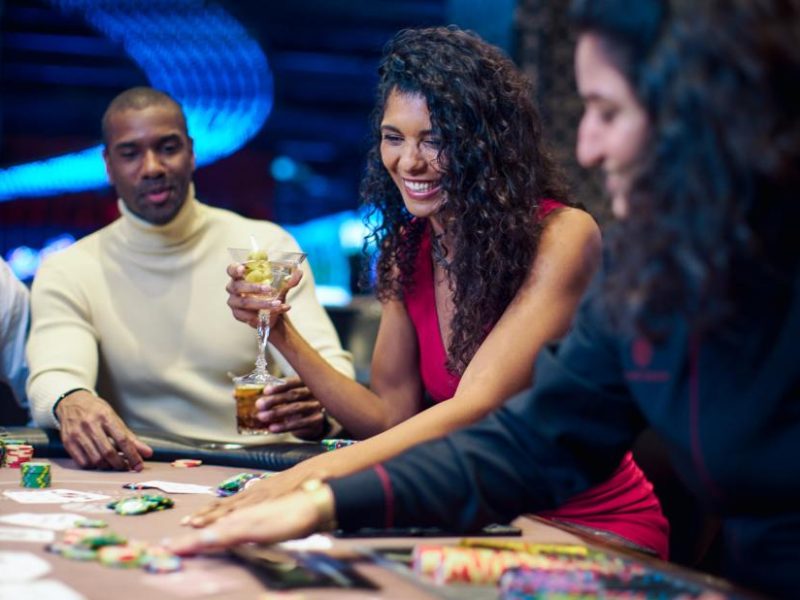For many, playing slots is a casual pastime – a few spins for fun, a bit of excitement, and then it’s over. But for a growing number of players, certain slot machines take on a deeper, almost emotional significance. These aren’t just games anymore; they’re companions in routine, comfort in stress, and even lucky charms. Every day, on scratchplay.gr login to the official 22Bet website and you’ll see familiar names pop up – not just of people, but of specific games being played with ritualistic dedication. Why do players form such attachments to specific slot games? This article delves into the psychology, design, and emotional mechanisms that turn slots into symbolic companions.
The Comfort of Familiarity
One of the strongest psychological pulls in human behavior is the comfort of the familiar. We return to our favorite songs, restaurants, routines – and yes, our favorite slot games.
Predictability in Design
Slot games follow a specific rhythm – visual patterns, sound effects, and feature triggers become intuitive after repeated play. This familiarity lowers cognitive load, creating a seamless, comforting experience.
Reassurance Through Repetition
Much like a favorite chair or TV show, familiar slots offer emotional reassurance. Players know what to expect, which minimizes surprise and stress, replacing them with anticipation and satisfaction.
Emotional Attachment and Anthropomorphism
Many players unconsciously humanize their favorite slot machines, attributing them with moods, personalities, and even intent.
The Illusion of Relationship
Players often talk about a game “being in a good mood” or “feeling cold,” projecting emotional states onto a machine. This anthropomorphism builds a sense of relationship and loyalty.
Reward-Based Bonding
Slot games reward players with flashing visuals, music, and payouts. These rewards activate the same brain centers as social validation and affection, reinforcing emotional bonds over time.
Ritual, Routine, and Personal Meaning
Ritualistic behavior plays a massive role in player attachment. Specific slots become intertwined with personal routines, creating meaning far beyond the game itself.
Superstitions and Personal Rituals
Players often develop rituals – playing at certain times, using specific bet sizes, or repeating certain actions. These rituals lend structure to play, deepening emotional ties to the game.
Memory Triggers and Associations
Certain games may become linked to significant personal memories – first wins, times of joy, or periods of comfort during stress. These associations add emotional depth to the relationship with the game.
Game Design That Encourages Attachment
Slot developers use advanced psychological principles to create games that feel not just engaging, but familiar and lovable.
Signature Aesthetics
Each slot has a unique visual and audio design. Repeated exposure to these designs builds brand-like familiarity, similar to recognizing a favorite brand or song.
Narratives and Themes
Storylines, characters, and thematic elements engage players on an emotional level. Over time, recurring interactions with a game’s theme build a sense of shared history.
Community and Social Identity
Even solitary players experience a sense of community around their favorite slots. Forums, leaderboards, and shared tips foster social bonds around specific games.
Sharing Success Stories
Players share their big wins or feature triggers from specific games, reinforcing the perception that these slots are “winners” or “lucky friends.”
Group Affiliation
Fans of a certain game often form informal communities, bonding over strategy, superstition, and loyalty. The game becomes a social identity marker.
The Role of Psychological Anchoring
Slots often become anchors during emotional highs and lows, making them a coping mechanism.
Emotional Regulation Through Play
Returning to a familiar slot provides a controlled emotional experience. It offers predictable ups and downs, creating a safe space for emotional release.
Escapism and Mental Reprieve
When life feels chaotic, a known game offers refuge – a place where the rules are clear, the experience consistent, and the risks understood.
The Neurological Basis of Attachment
Brain chemistry plays a pivotal role in why players grow attached to specific slot games.
Dopamine Loops and Reward Conditioning
Slots engage the brain’s reward system, releasing dopamine during wins or feature triggers. Over time, this creates a conditioned emotional attachment to the specific game.
Neural Pattern Recognition
The brain excels at pattern recognition. Once a slot’s audio-visual pattern becomes familiar, it activates recognition centers, triggering positive emotional responses even before a win occurs.
When Attachment Becomes Problematic
While emotional bonds to games can be comforting, they can also become unhealthy when they lead to compulsive behavior or loss of perspective.
Signs of Problematic Attachment
Over-identification with a game, refusal to try new games, financial overcommitment, or attributing too much personal significance to outcomes can signal unhealthy attachment.
Encouraging Responsible Play
Platforms can help by offering reality checks, time-out features, and gameplay summaries to help users remain aware of their habits.
Industry Responsibility and Ethical Design
Game developers and casino operators play a role in how attachments are formed and maintained.
Transparent Mechanics and Fair Odds
Ensuring players understand that each spin is independent and based on RNG helps temper irrational attachment and beliefs.
Promoting Diversity in Play
Encouraging players to explore new games through promotions or achievements can reduce over-attachment and foster healthier, more varied experiences.
Real Stories: Players Speak on Slot Loyalty
Many seasoned players share deep, heartfelt anecdotes about their favorite games.
“This Slot Got Me Through a Hard Year”
Some recount returning to a game during difficult times, finding solace in its rhythm and familiarity.
“I Feel Like It Knows Me”
Others describe a mystical connection to a game that “responds” to them uniquely – highlighting the depth of emotional personalization involved.
Final Thoughts: It’s Not Just a Game
Slot machines can become more than entertainment – they become companions in routine, symbols of hope, and even emotional anchors. When players login on casino, they’re not just chasing wins; many are checking in with an old friend.
Understanding this attachment allows the casino industry to better support its users, designing with empathy and offering tools for balance. Players, in turn, benefit from recognizing the emotional roles their favorite games play in their lives – and how to honor that bond without letting it take over.
The line between comfort and dependency is thin but navigable. With awareness, responsibility, and ethical design, the friendship between player and game can remain a source of joy – not burden.



